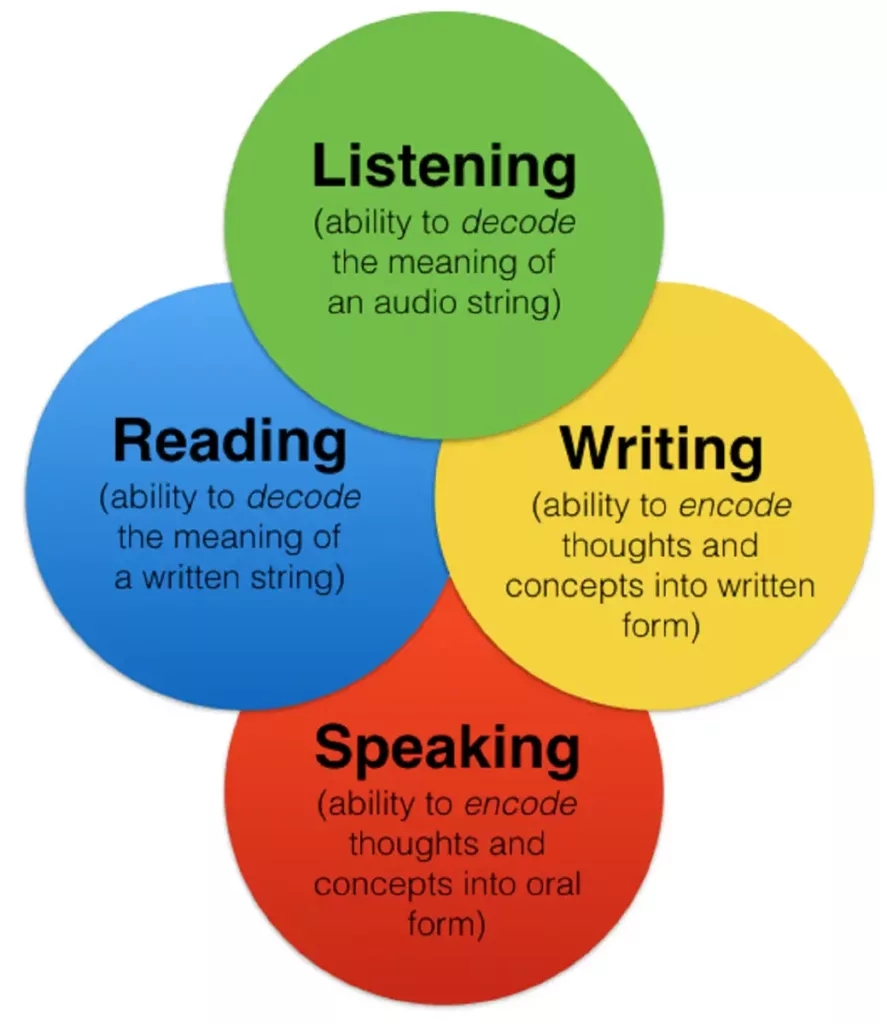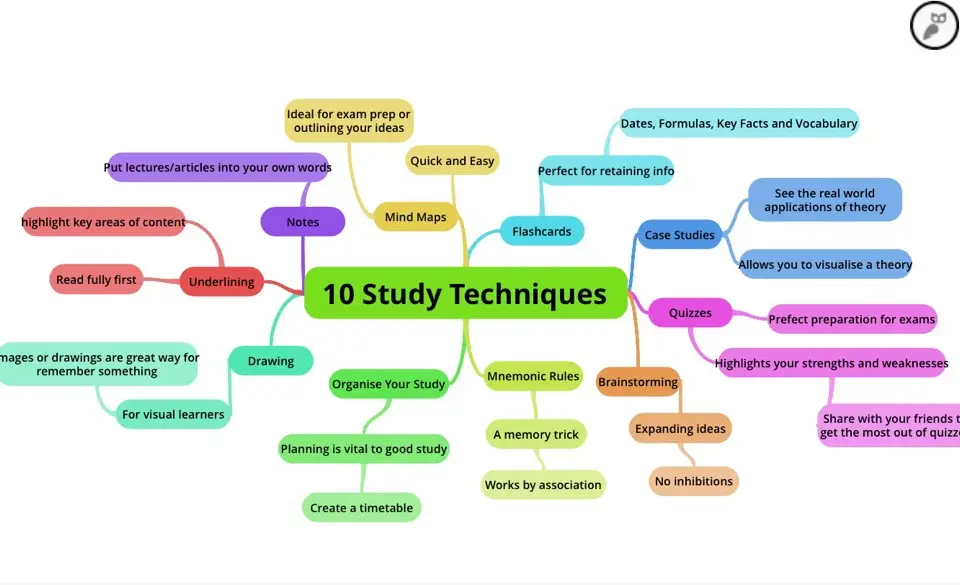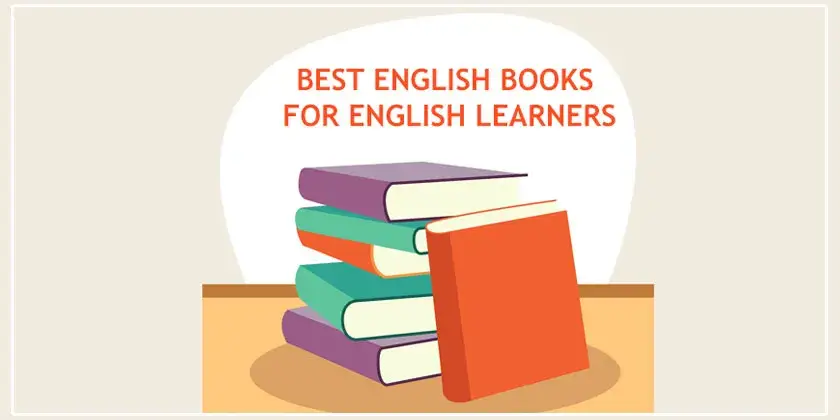Learning English as a second language can be challenging, but it doesn’t have to be dull and monotonous. One effective method to enhance language skills, particularly for intermediate learners, is through the immersive experience provided by short stories. In this article, we’ll explore how short stories can significantly contribute to English language learning and provide practical tips for maximizing their effectiveness.
Benefits of Short Stories for English Learners

Short stories offer a plethora of advantages for English learners. Firstly, they provide bite-sized content that is less intimidating than full-length novels or textbooks. This makes them more approachable and manageable, especially for those who are still building their confidence in the language. Additionally, short stories often focus on everyday scenarios and conversations, offering practical insights into real-life English usage.
How to Choose Short Stories for English Learning
When selecting short stories for English learning purposes, it’s essential to consider various factors. Firstly, the difficulty level should match the learner’s proficiency to ensure both comprehension and challenge. Additionally, choosing stories with cultural relevance can deepen the learner’s understanding of English-speaking societies and idiomatic expressions.
Techniques for Effective English Learning through Short Stories

To make the most of short stories for English learning, employing active reading strategies is crucial. This includes annotating texts, summarizing key points, and making connections between the story and personal experiences. Furthermore, actively building vocabulary and paying attention to grammar structures within the context of the story can significantly enhance language acquisition.
Incorporating Short Stories into Language Learning Curriculum
Educators can integrate short stories seamlessly into language learning curricula. By assigning relevant stories, conducting comprehension activities, and encouraging discussions, teachers can foster a dynamic and engaging learning environment. This approach not only improves language skills but also cultivates critical thinking and cultural awareness.
Recommended Short Story Books for English Learners

One highly recommended resource for English learners is “Short Stories in English for Intermediate Learners.” This collection offers a diverse range of stories specifically curated to cater to learners at the intermediate level. Additionally, there are numerous other titles available that cater to various interests and language proficiencies.
Tips for Maximizing Learning from Short Stories
To derive maximum benefit from short stories, learners should establish a regular reading schedule and maintain a vocabulary journal to track new words and phrases. Engaging in discussion groups or finding language partners for shared reading and conversation can also enhance learning through collaboration and feedback.
Overcoming Challenges in Learning English through Short Stories

While short stories offer immense potential for English learning, learners may encounter challenges such as unfamiliar vocabulary or complex grammar structures. However, perseverance and consistent practice can help overcome these obstacles gradually. Seeking clarification from teachers or peers and using supplementary resources can provide additional support.
Conclusion
In conclusion, short stories serve as invaluable tools for English learners seeking to improve their language skills. By incorporating active reading strategies, building vocabulary, and fostering cultural understanding, learners can accelerate their journey towards fluency. With the right selection of stories and dedicated practice, mastering English becomes an enjoyable and rewarding experience.
Unique FAQs
- Q: Can beginners also benefit from reading short stories for English learning?
- A: While beginners may find some stories challenging, starting with simpler texts and gradually progressing can still offer valuable language exposure and practice.
- Q: How many stories should I read per week to see improvement in my English skills?
- A: The frequency of reading can vary based on individual preferences and schedules. Aim for consistency rather than quantity, focusing on comprehension and active engagement with each story.
- Q: Are audiobooks a suitable alternative to reading short stories for English learning?
- A: Audiobooks can complement reading by providing auditory reinforcement and pronunciation practice. However, combining both listening and reading activities is ideal for holistic language development.
- Q: How can I assess my progress in English proficiency when using short stories for learning?
- A: Tracking vocabulary expansion, comprehension levels, and fluency in discussions or writing exercises can serve as indicators of progress over time.
- Q: Are there any specific genres of short stories that are more beneficial for English learning?
- A: While preferences may vary, genres such as realistic fiction or anecdotes that depict everyday situations and dialogue can be particularly helpful for language acquisition.

